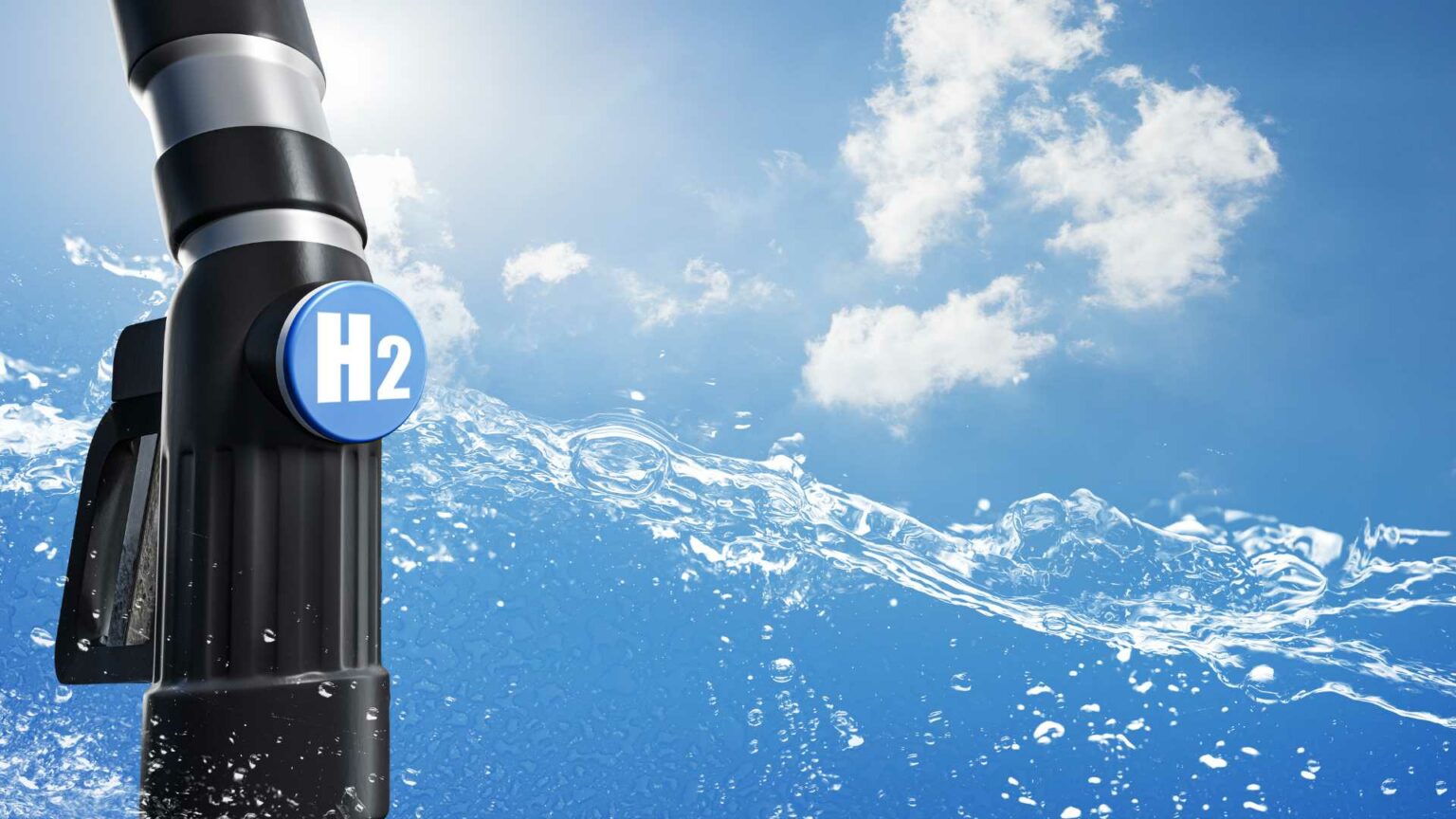Hydrogen as a fuel has long been seen as a promising alternative to traditional fossil fuels, addressing both energy and environmental pollution issues. However, harnessing hydrogen effectively requires innovative techniques, one of which is hydrogen liquefaction.
Hydrogen liquefaction is a process that involves cooling hydrogen to cryogenic temperatures, making it easier to store and transport. This research dives deep into the thermodynamic analysis of various hydrogen liquefaction cycles, focusing on energy and exergy studies to optimize efficiency.
Pre-cooling and Cyro-cooling Cycles
In this study, three distinct liquefaction cycles were evaluated—each employing different pre-cooling and cryo-cooling methods. The simulations and analyses were meticulously conducted using Aspen HYSYS V12 software. These cycles also incorporated the Organic Rankine Cycle (ORC) and liquefied natural gas (LNG) to enhance the overall efficiency.
Pre-cooling Results
The pre-cooling phase plays a significant role in the liquefaction process. For cycle 1, the useful exergy was found to be 49.87%, for cycle 2 it was 58.87%, and for cycle 3 it reached 61.21%. This suggests that cycle 3 is more efficient in utilizing the input exergy during the pre-cooling stage. Additionally, the energy loss during pre-cooling was lowest in cycle 3 at 19.73%, compared to 33.86% for cycle 1 and 26.77% for cycle 2.
Cryo-cooling Challenges
Interestingly, the study found that more than 50% of the input exergy is wasted in the cryo-cooling process across all three cycles. This presents a significant area for further improvement, as reducing exergy loss here could lead to substantial gains in overall efficiency.
Specific Energy Consumption and COP Values
Specific Energy Consumption (SEC) is another critical metric for determining the efficiency of liquefaction cycles. The SEC for cycles 1, 2, and 3 were found to be 6.605 kWh/kgLH2, 6.601 kWh/kgLH2, and 6.618 kWh/kgLH2, respectively. The Coefficient of Performance (COP) values were fairly close for all three cycles, with cycle 1 at 0.19945, cycle 2 at 0.19936, and cycle 3 at 0.19884.
Exergy Efficiency
The Exergy Efficiency (EXE) was also examined, showing values of 45.816% for cycle 1, 45.883% for cycle 2, and 45.797% for cycle 3. Although these values are closely grouped, they underscore the potential for fine-tuning each cycle to achieve optimal performance.
Steps Toward Greater Efficiency
Through this comprehensive analysis, the research highlights ways to increase the efficiency of hydrogen liquefaction cycles. By pinpointing areas where exergy losses are most significant, future studies can develop strategies to mitigate these losses, paving the way for more sustainable and efficient hydrogen fuel systems.





